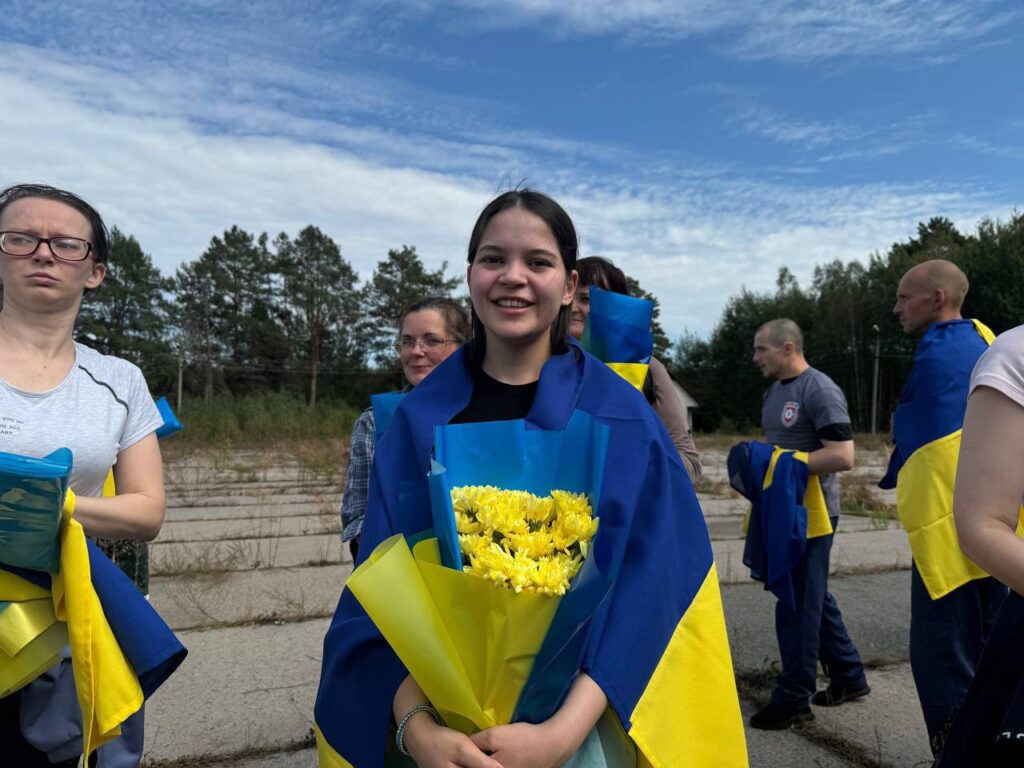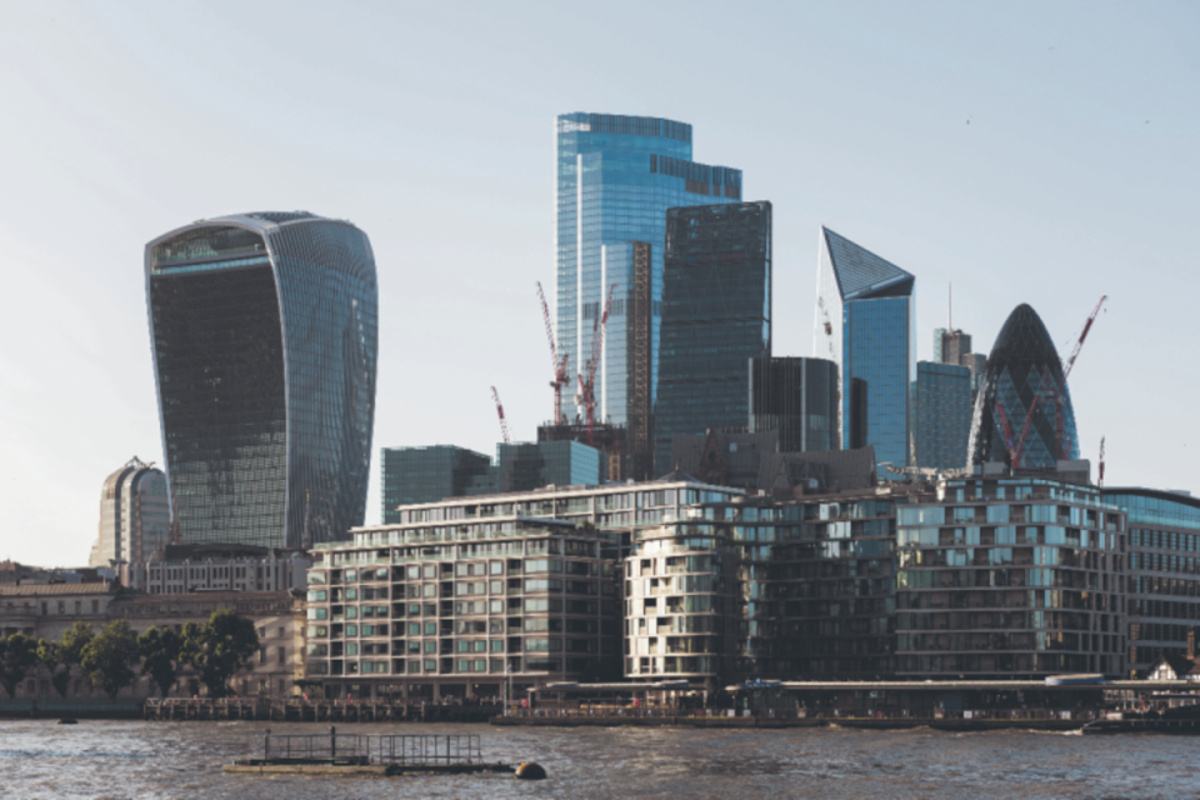Ukraine returns 49 more defenders and civilians from Russian captivity
Among those freed is Lenie Umerova, a Crimean Tatar activist who was captured by Russian forces while crossing the Georgian border.


Ukraine returned 49 military personnel and civilians from Russian captivity, including 23 women, President Volodymyr Zelenskyy said on 13 September.
According to Zelenskyy, among the released are soldiers of the Armed Forces of Ukraine, National Guard, National Police, State Border Guard Service, and civilians.
Among those freed is Lenie Umerova, a Crimean Tatar activist who was captured by Russian forces while crossing the Georgian border.
“Russians took her hostage when she came to take care of her sick father,” Zelenskyy said.
The Coordination Headquarters for the Treatment of Prisoners of War reports that this exchange is particularly significant as it marks the first time in a long period that Ukrainian women have been released from captivity.
Of the 49 individuals freed, 23 are women, including civilians who were detained and illegally deprived of liberty by Russian forces even before the full-scale invasion.
Two Ukrainian women, Olena Fedoruk and Maryna Yurchak, have been released from Russian captivity after more than six years of detention, according to a member of the Public Integrity Council of the High Qualification Commission of Judges of Ukraine, Tetiana Katrychenko.
Olena Fedoruk, from Kalmiuske (formerly Komsomolske) in the Donetsk Oblast, was abducted on 25 July 2017. She was accused of espionage by Russian-backed militants. Fedoruk stayed in the occupied territory to care for her elderly grandmother. In August 2019, she was sentenced to 11 years in prison by a so-called court.
Maryna Yurchak was detained on 9 November 2017 in Donetsk while on her way to work. She was initially held in the notorious “Isolation” prison, where detainees were reportedly tortured. Yurchak was accused of espionage and insulting leaders of the self-proclaimed republic, largely due to her pro-Ukrainian stance and social media posts about military movements. In March 2020, she was sentenced to 15 years in prison.
Both women were held in a women’s colony in Snizhne before their release. Their return marks a significant moment for their families and supporters who have been advocating for their freedom for years.
Olena Tolkachova, head of the patronage service for Azov members, confirmed that 15 servicemen from the former Azov Regiment of the National Guard, now the 12th Azov Brigade, were among those returned. This group primarily consists of women who have been in captivity for over two years.
The exchange also saw the release of Viktor Ivchuk, a Hero of Ukraine and colonel of the medical service, who managed a military hospital in Mariupol during the most challenging times.
According to the Coordination Headquarters, the freed individuals include 23 soldiers and sergeants, 19 officers, and seven civilians.
The previous large return of the Ukrainian soldiers and citizens was on 24 August, on Ukraine’s Independence Day. Then, Ukraine successfully negotiated the release of 115 prisoners of war (POWs). President Zelenskyy thanked military units for replenishing Ukraine’s “exchange fund,” enabling the return of 115 defenders.
Over 95% of Ukrainian POWs held in Russia have been subjected to torture, according to the UN Human Rights Monitoring Mission in Ukraine. This constitutes a war crime.
Read also:
- Ukraine returns 115 prisoners of war on Independence Day, first exchange after Kursk incursion
- “War returns home,” says Latvian defense minister about Kursk incursion
- Ukraine returns home eight more children from Russian-occupied part of Kherson Oblast
You could close this page. Or you could join our community and help us produce more materials like this.
We keep our reporting open and accessible to everyone because we believe in the power of free information. This is why our small, cost-effective team depends on the support of readers like you to bring deliver timely news, quality analysis, and on-the-ground reports about Russia's war against Ukraine and Ukraine's struggle to build a democratic society.
A little bit goes a long way: for as little as the cost of one cup of coffee a month, you can help build bridges between Ukraine and the rest of the world, plus become a co-creator and vote for topics we should cover next. Become a patron or see other ways to support.



